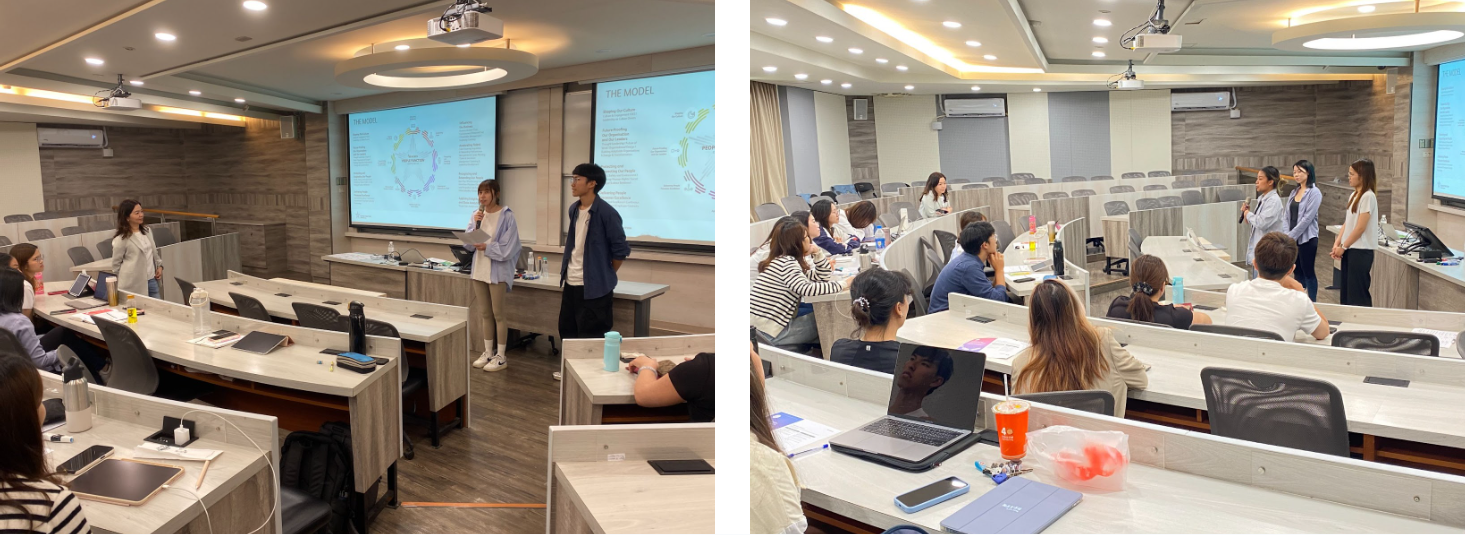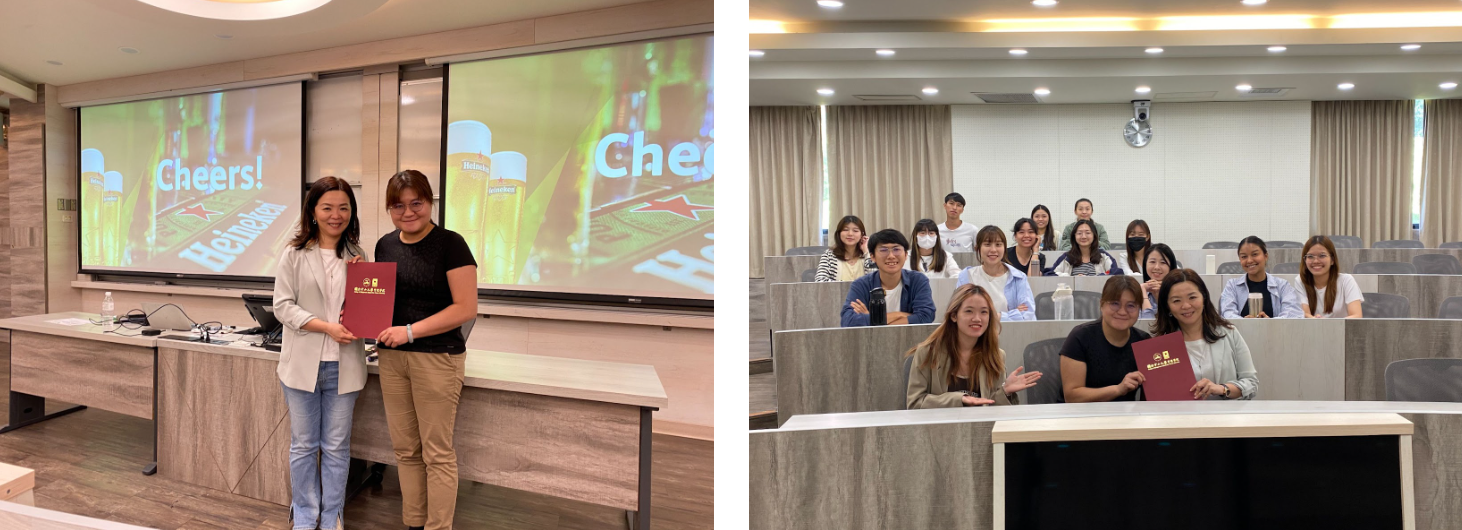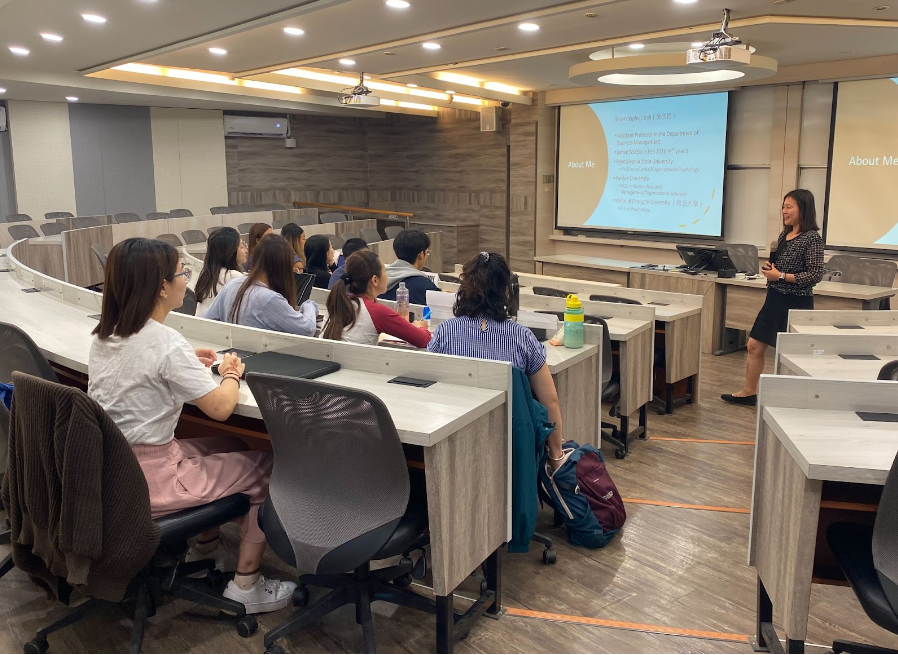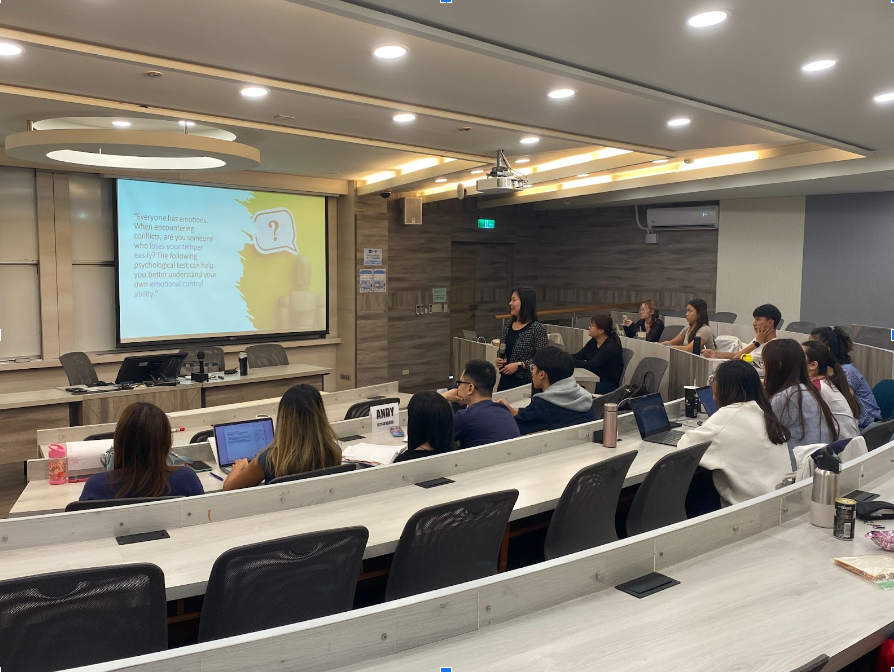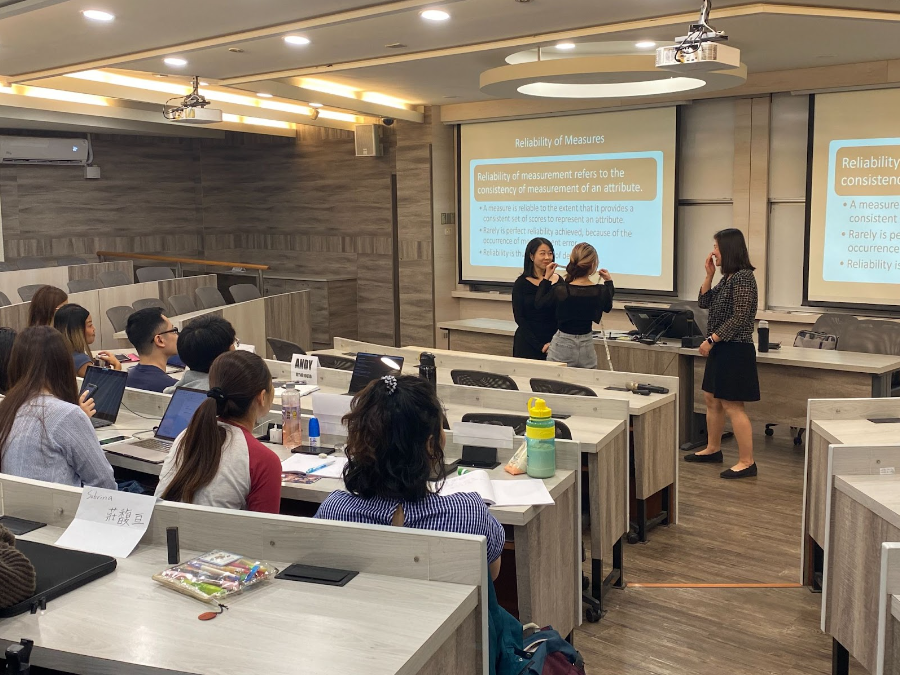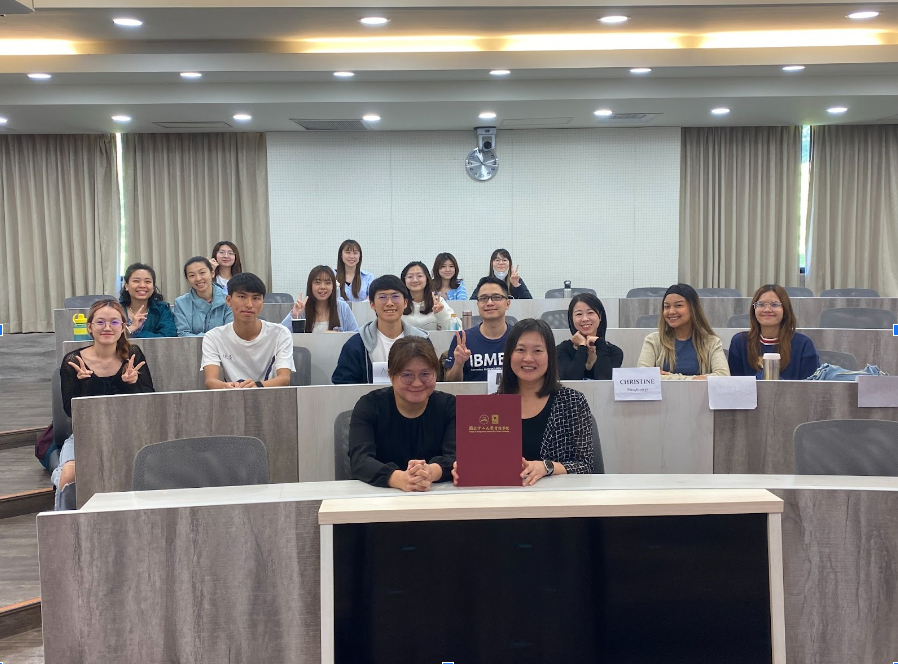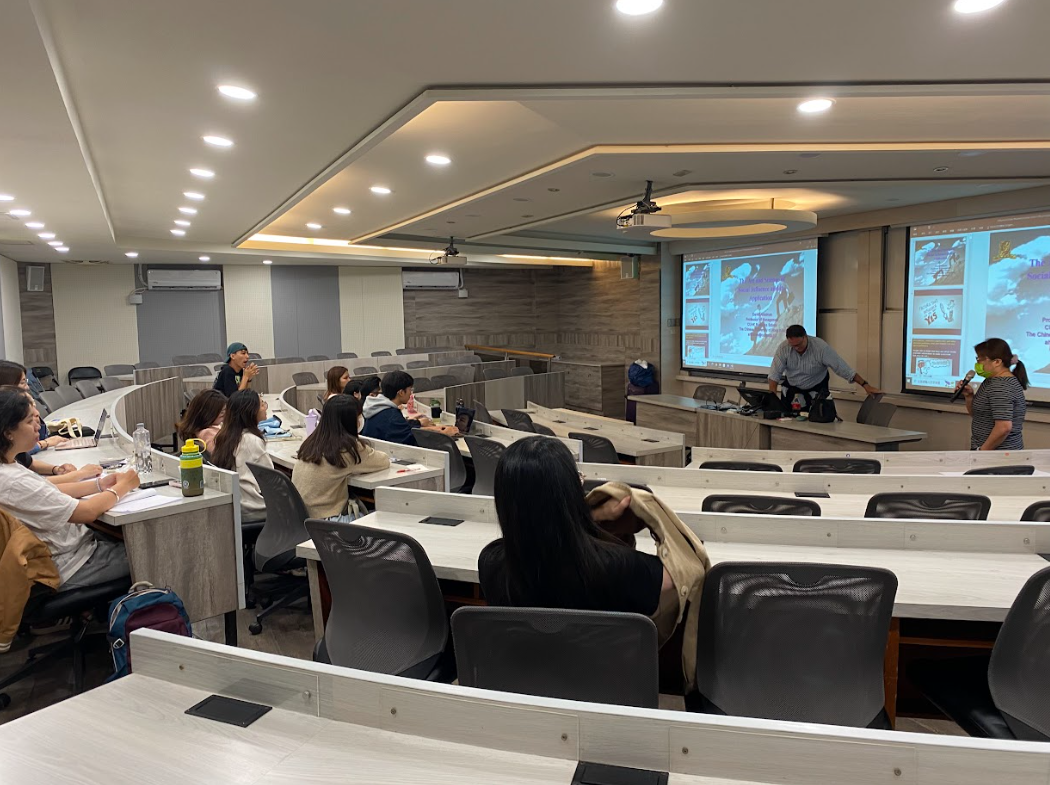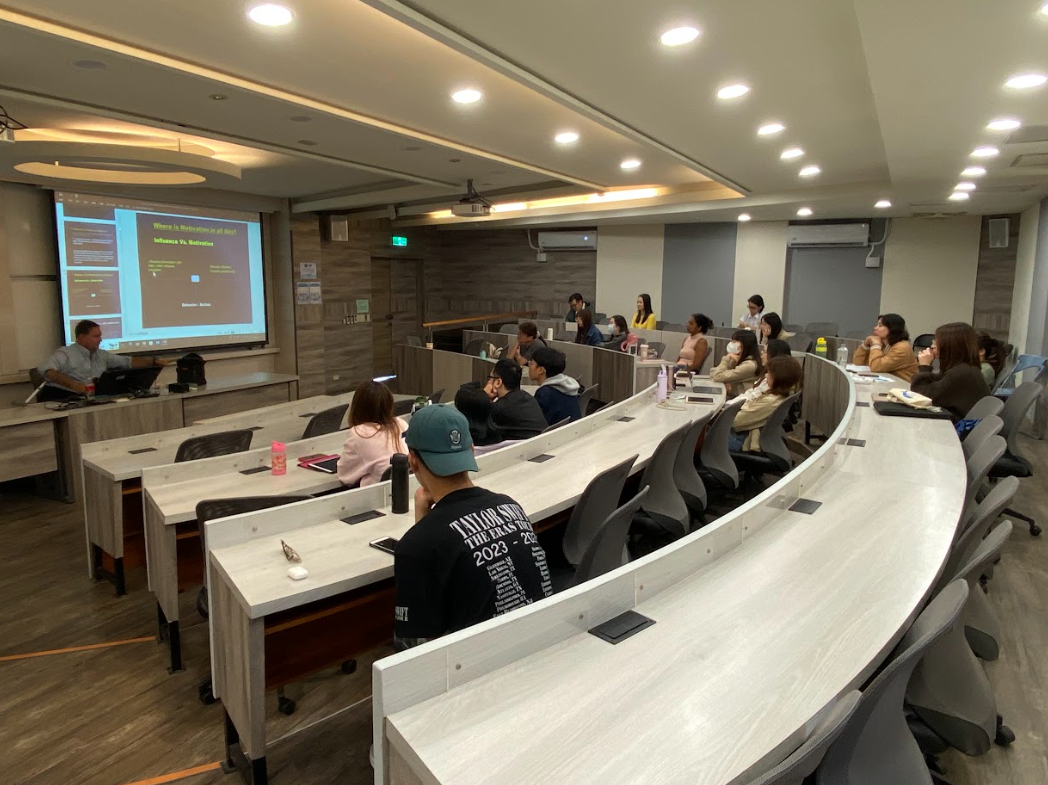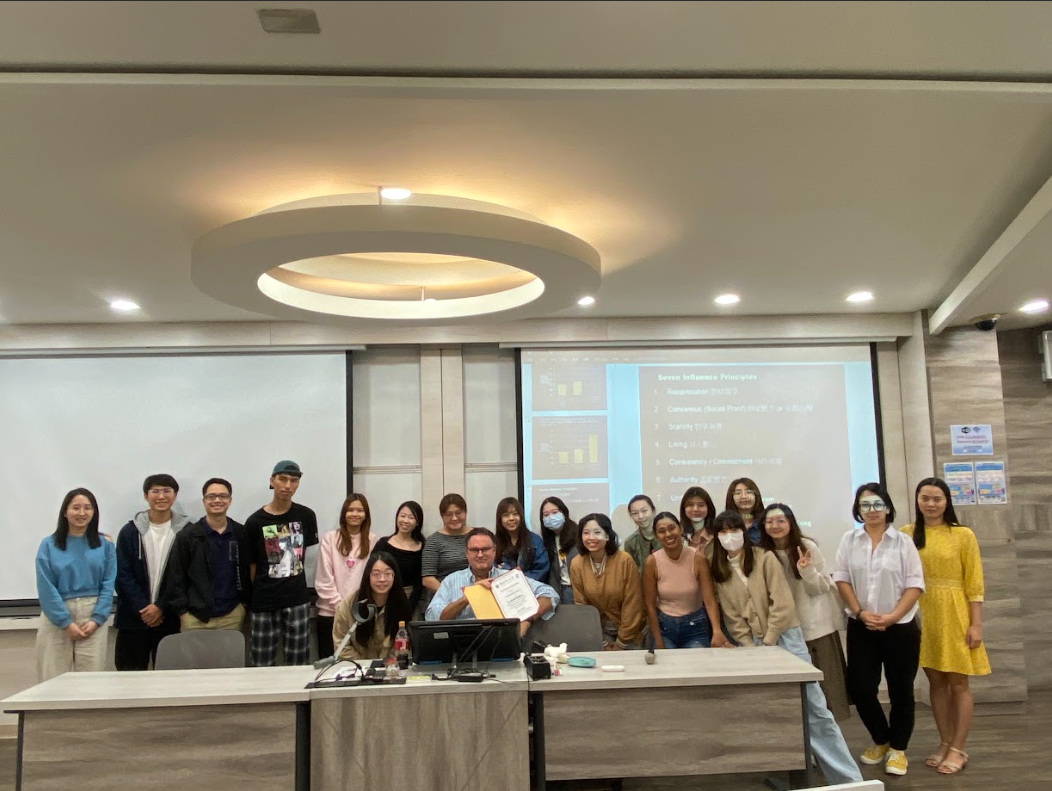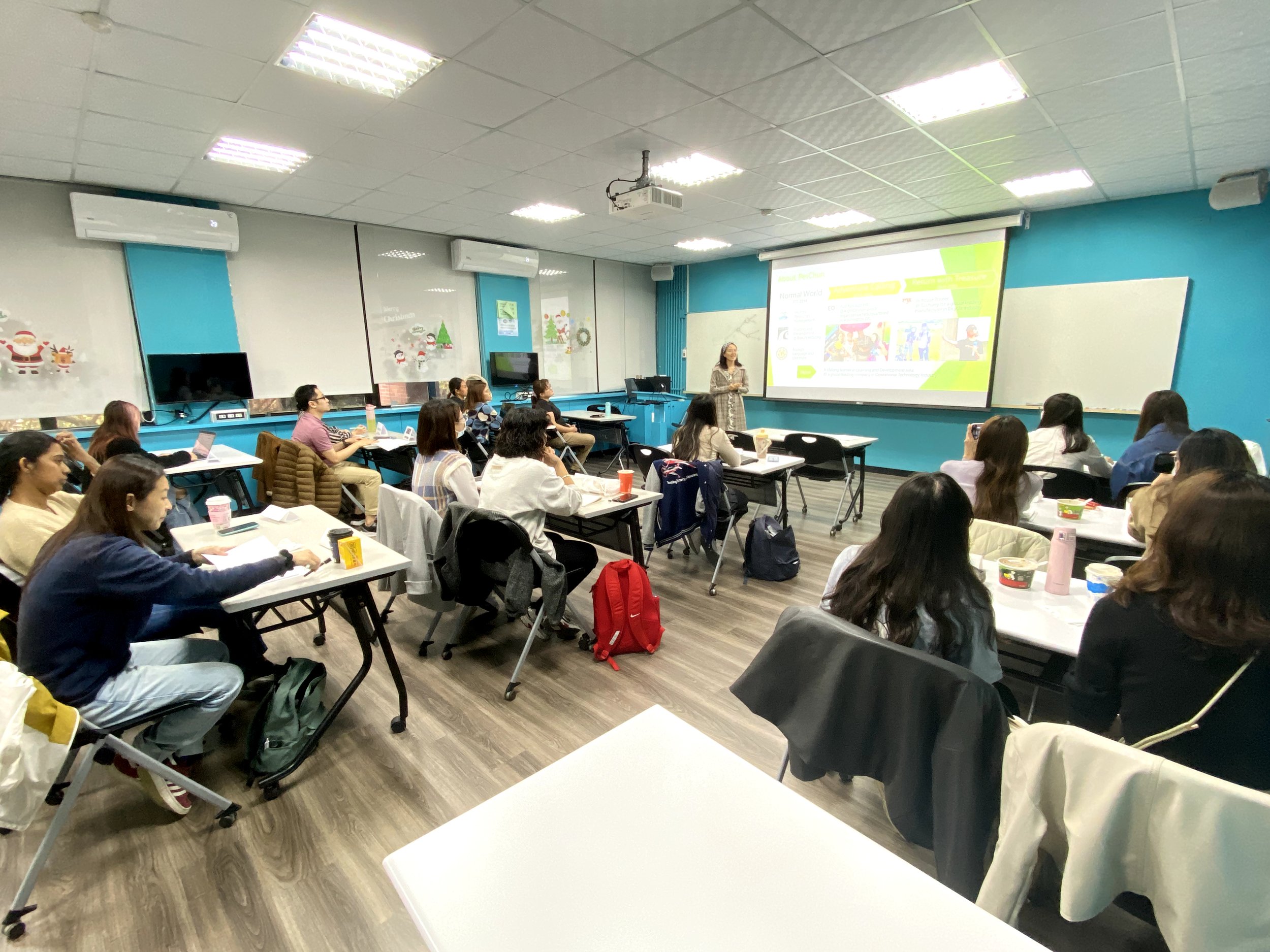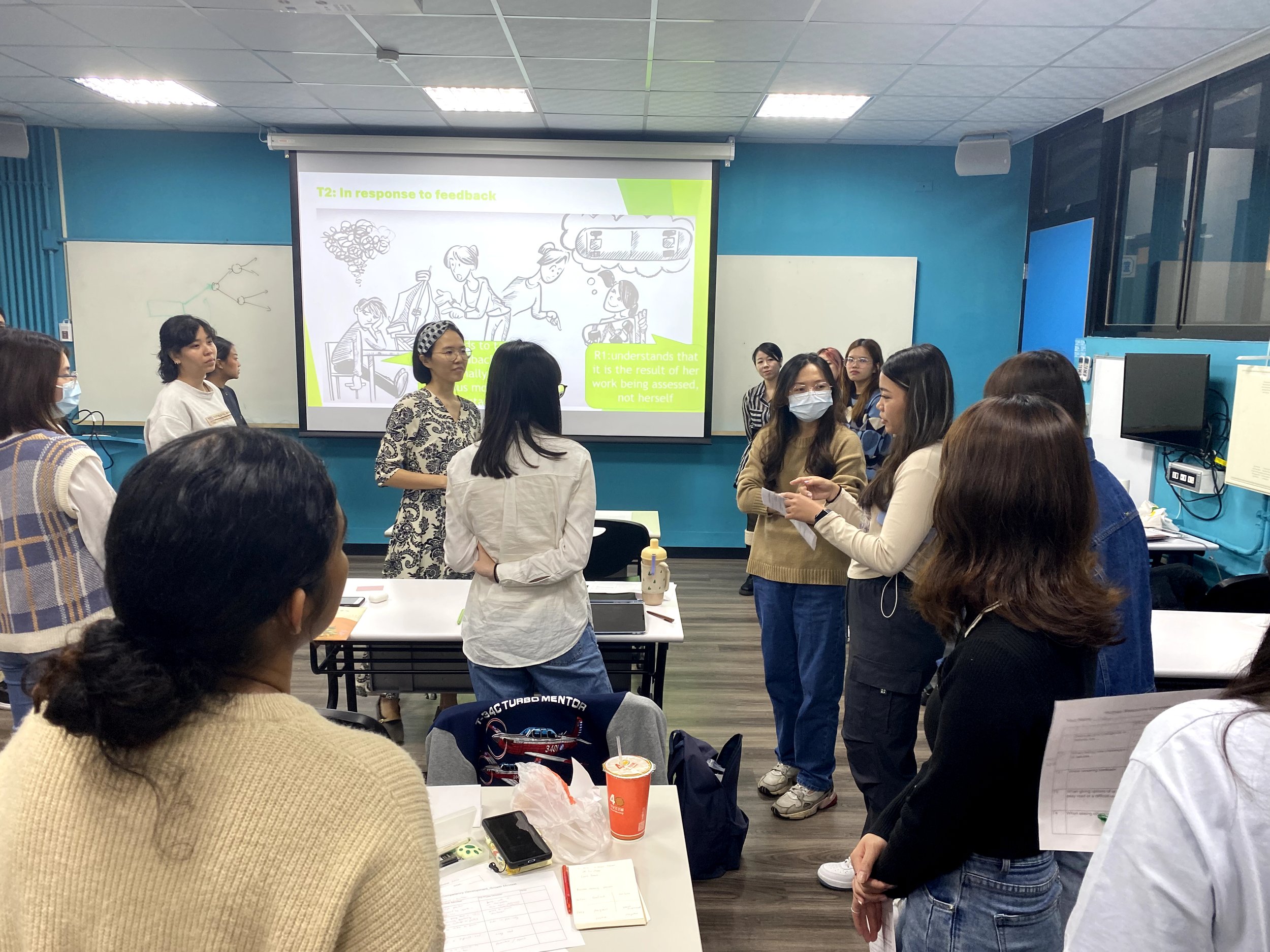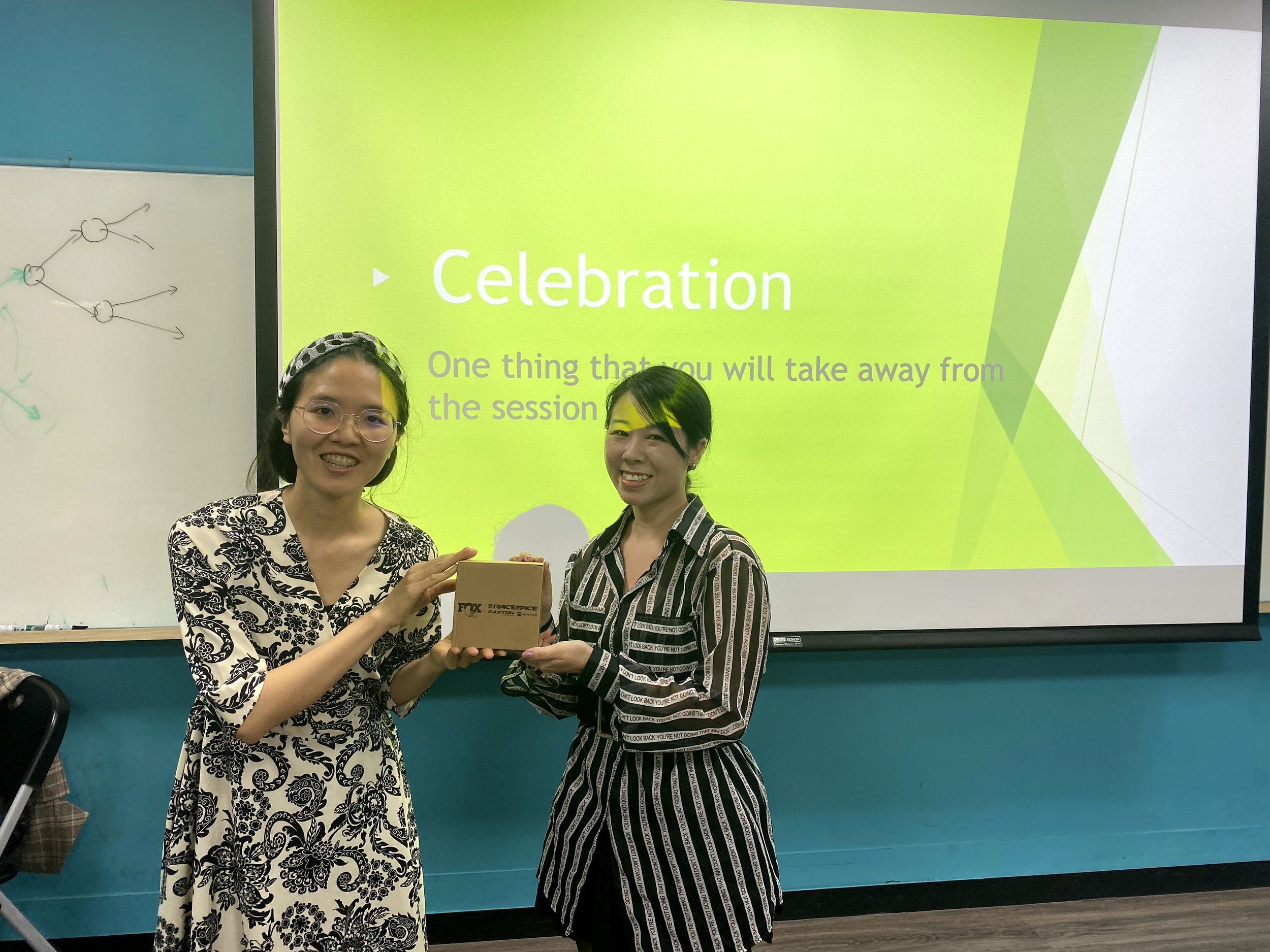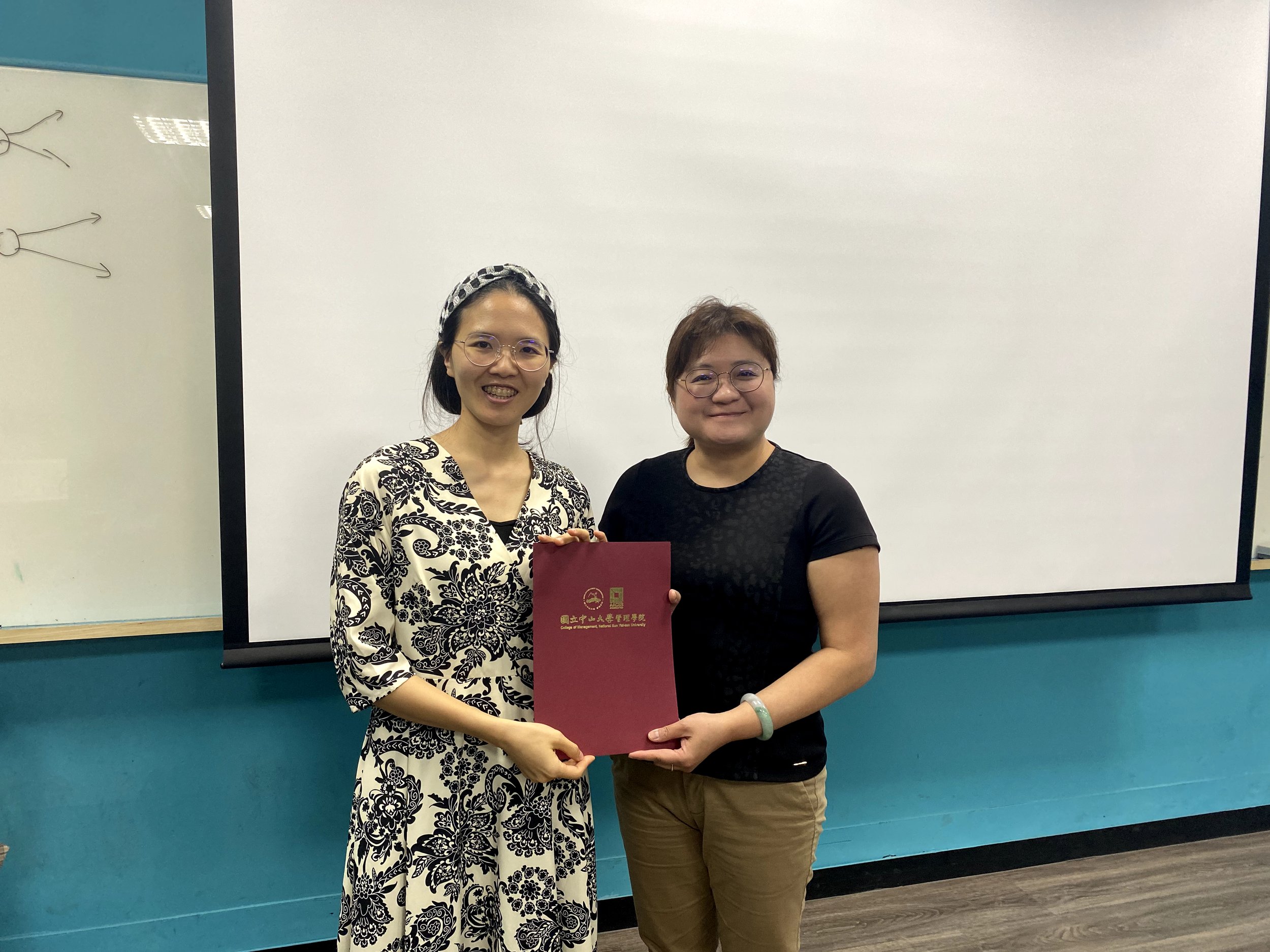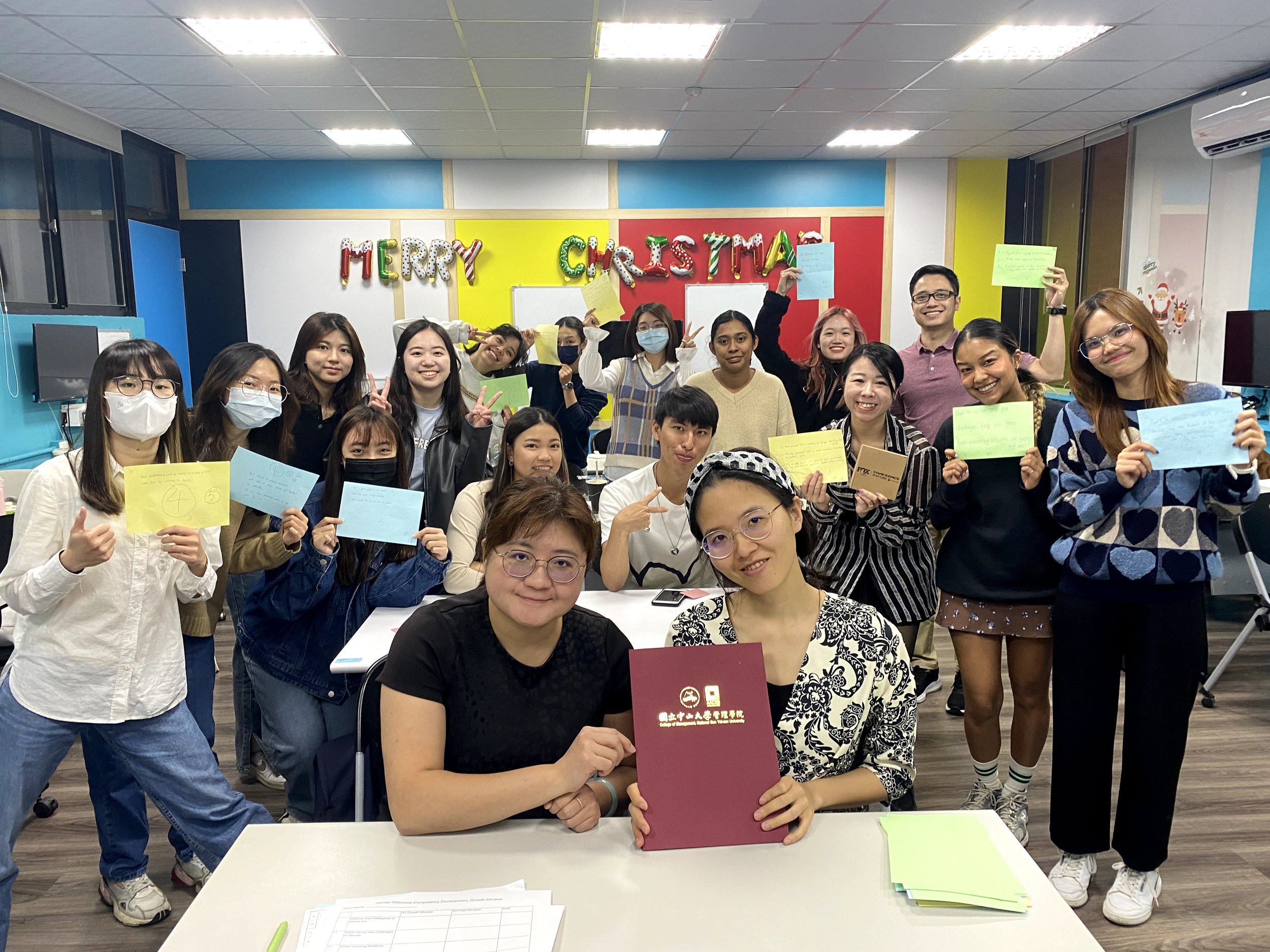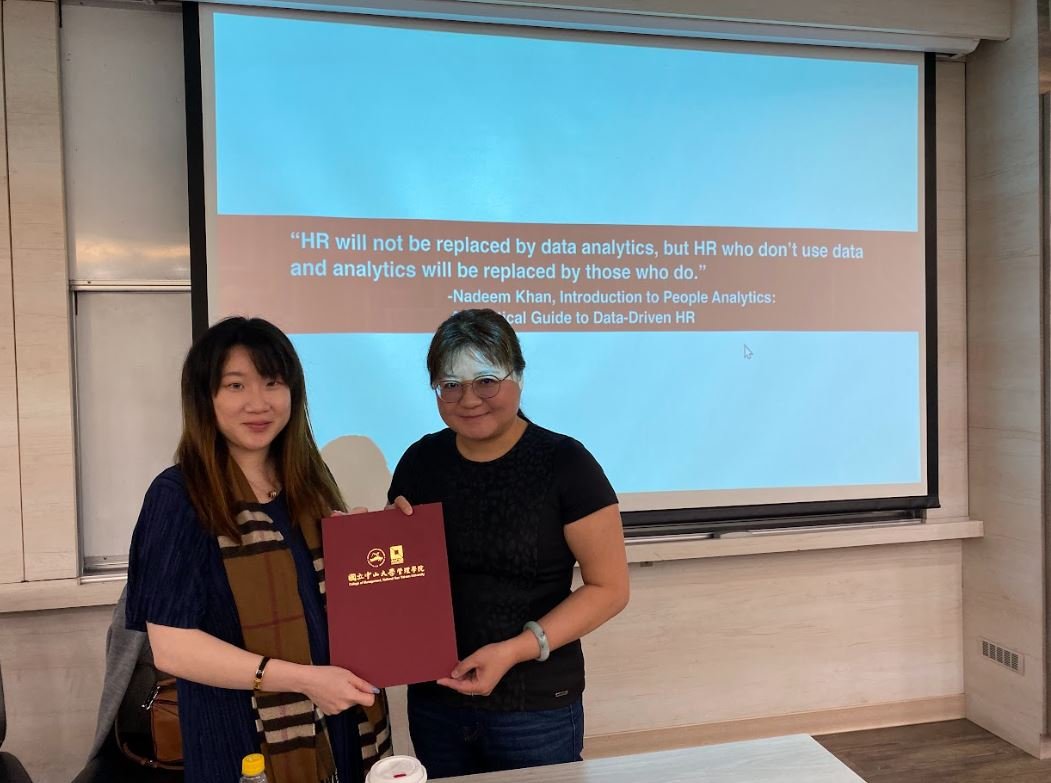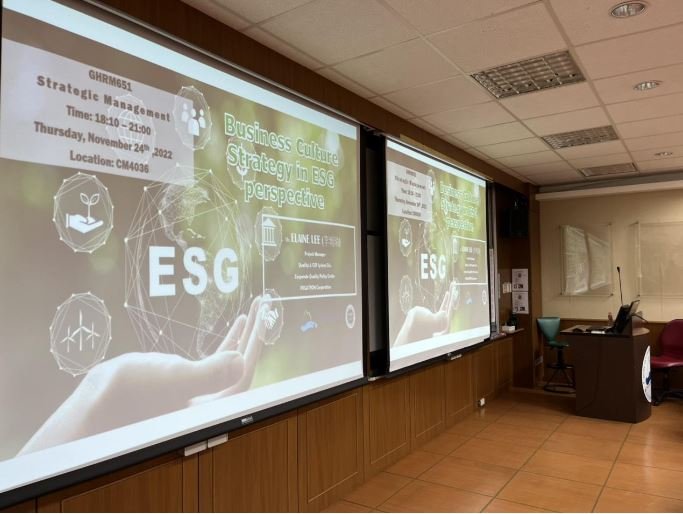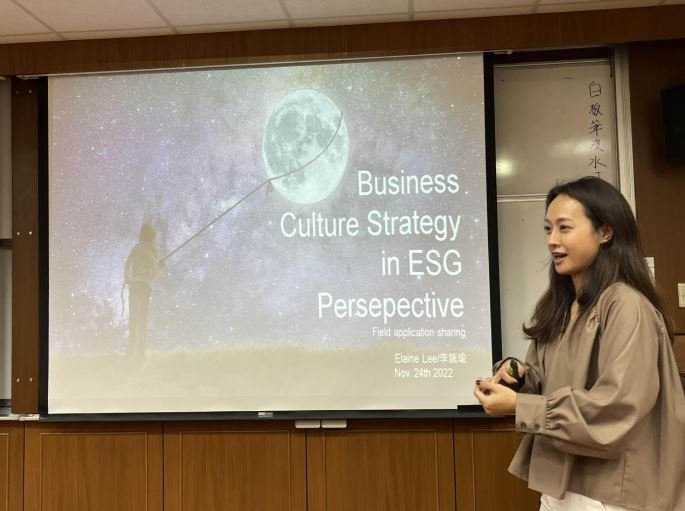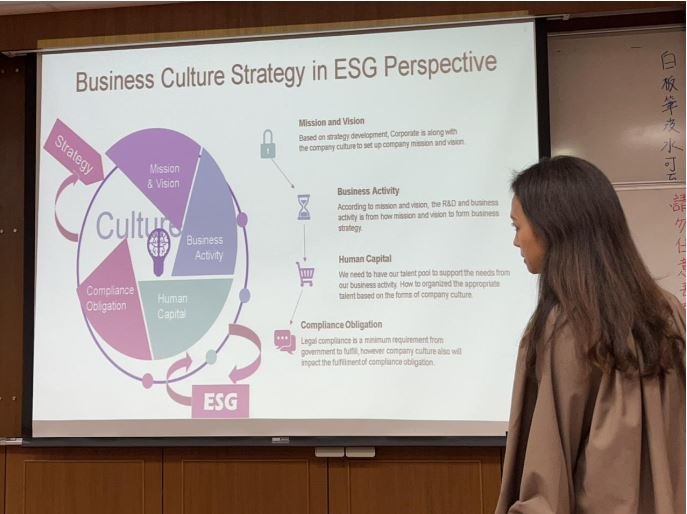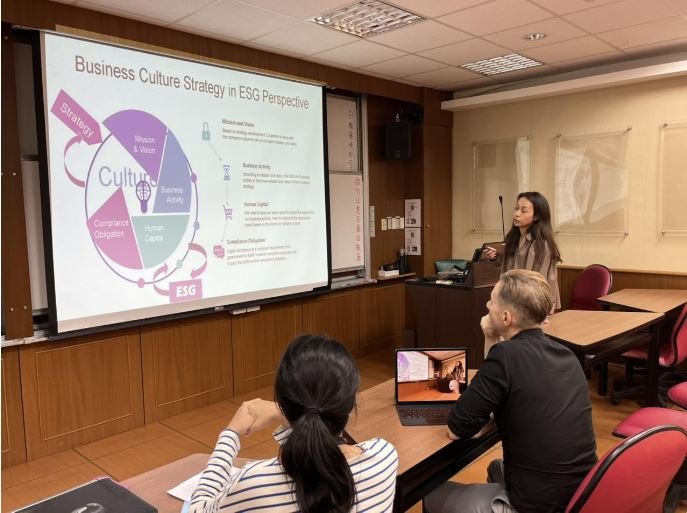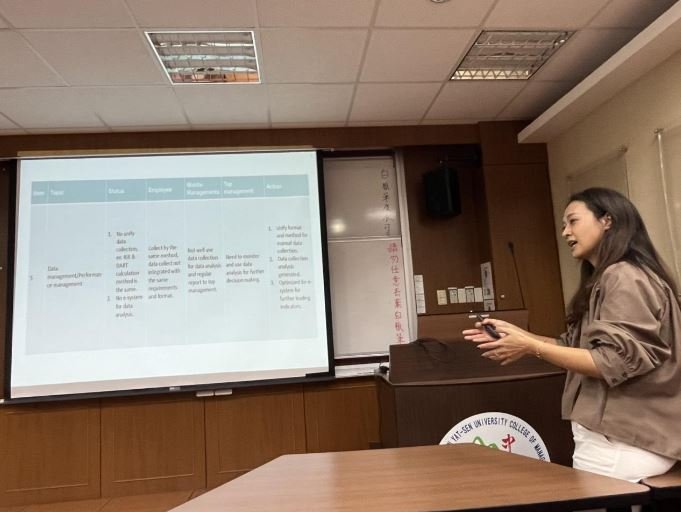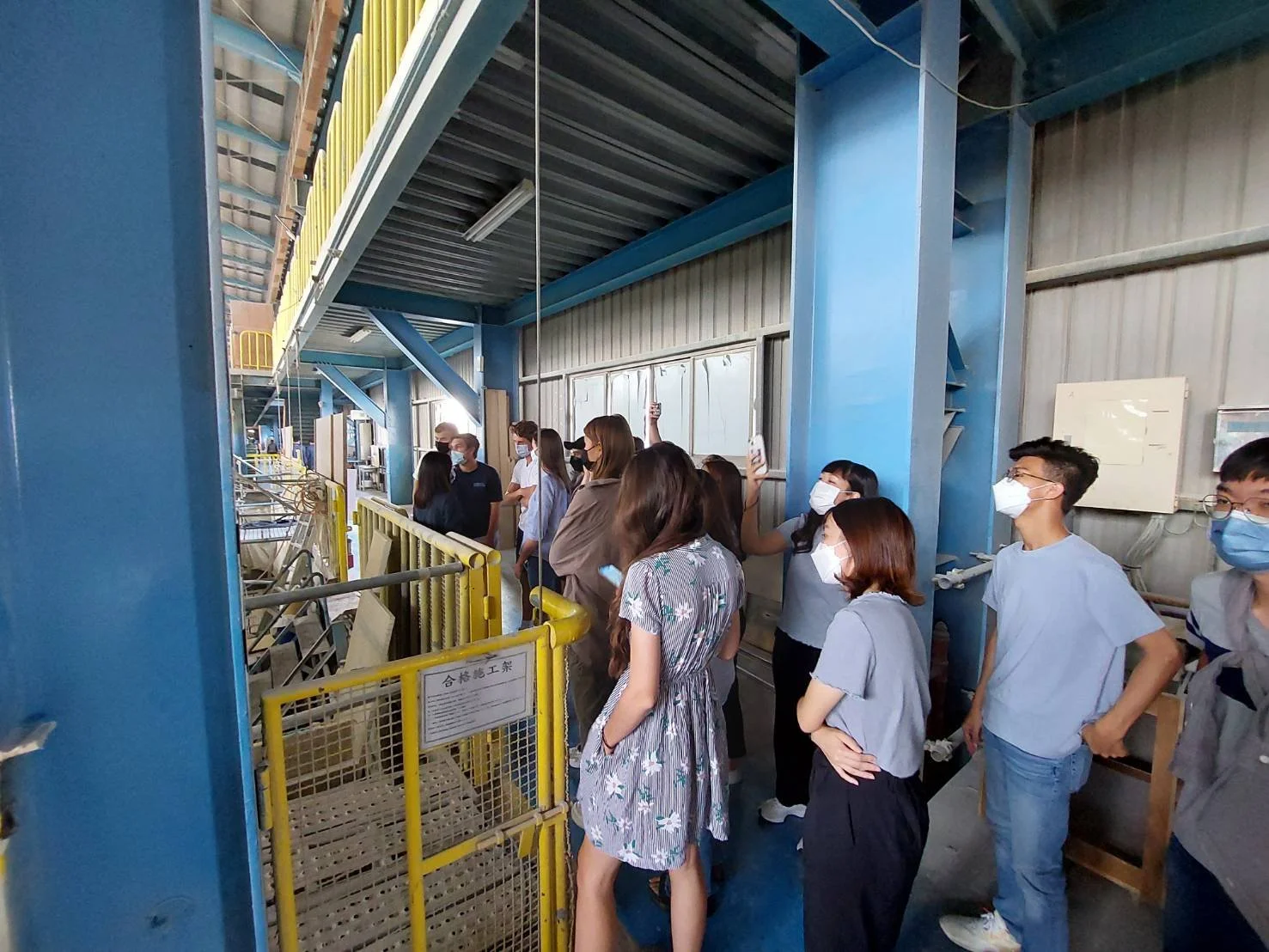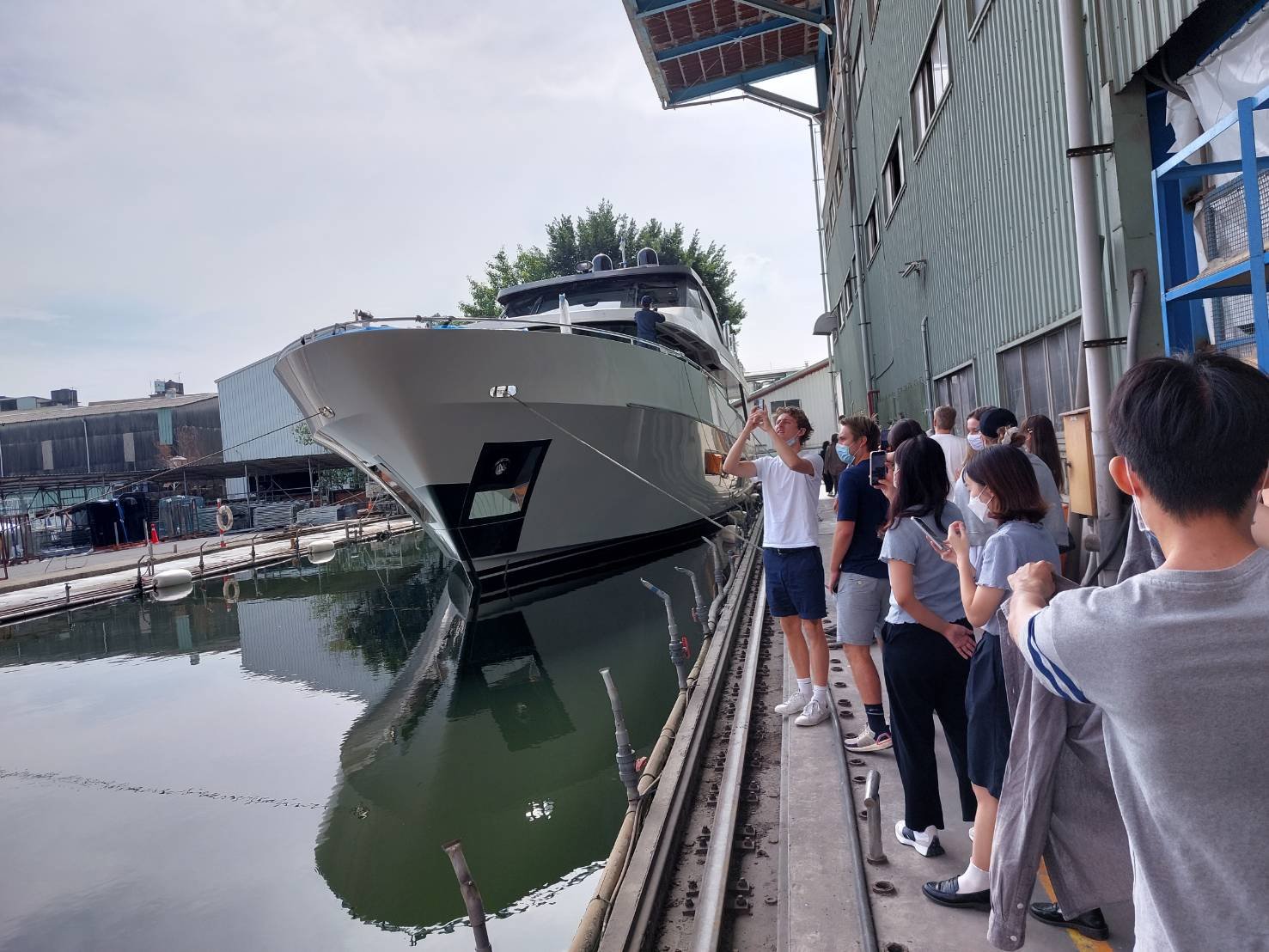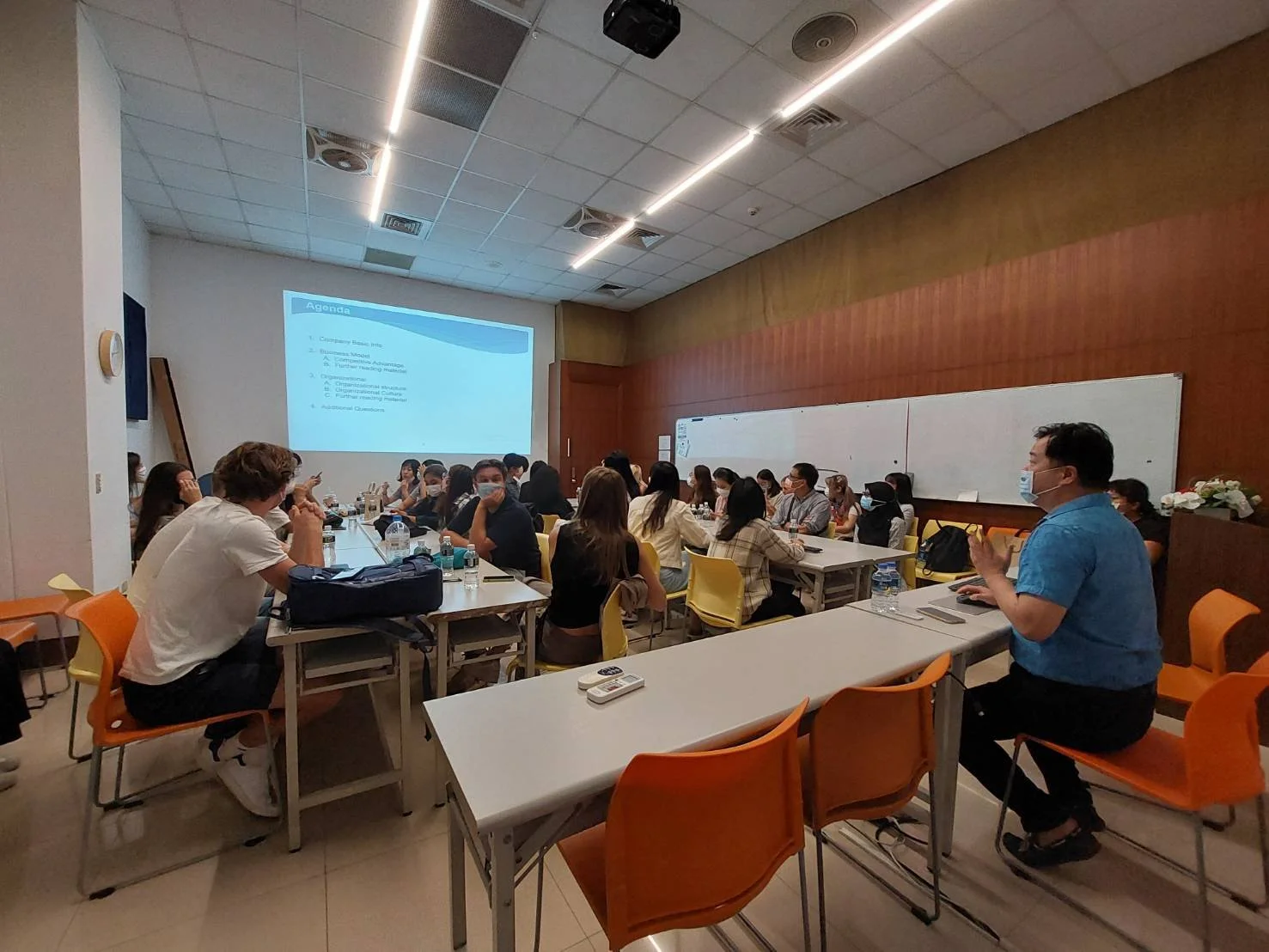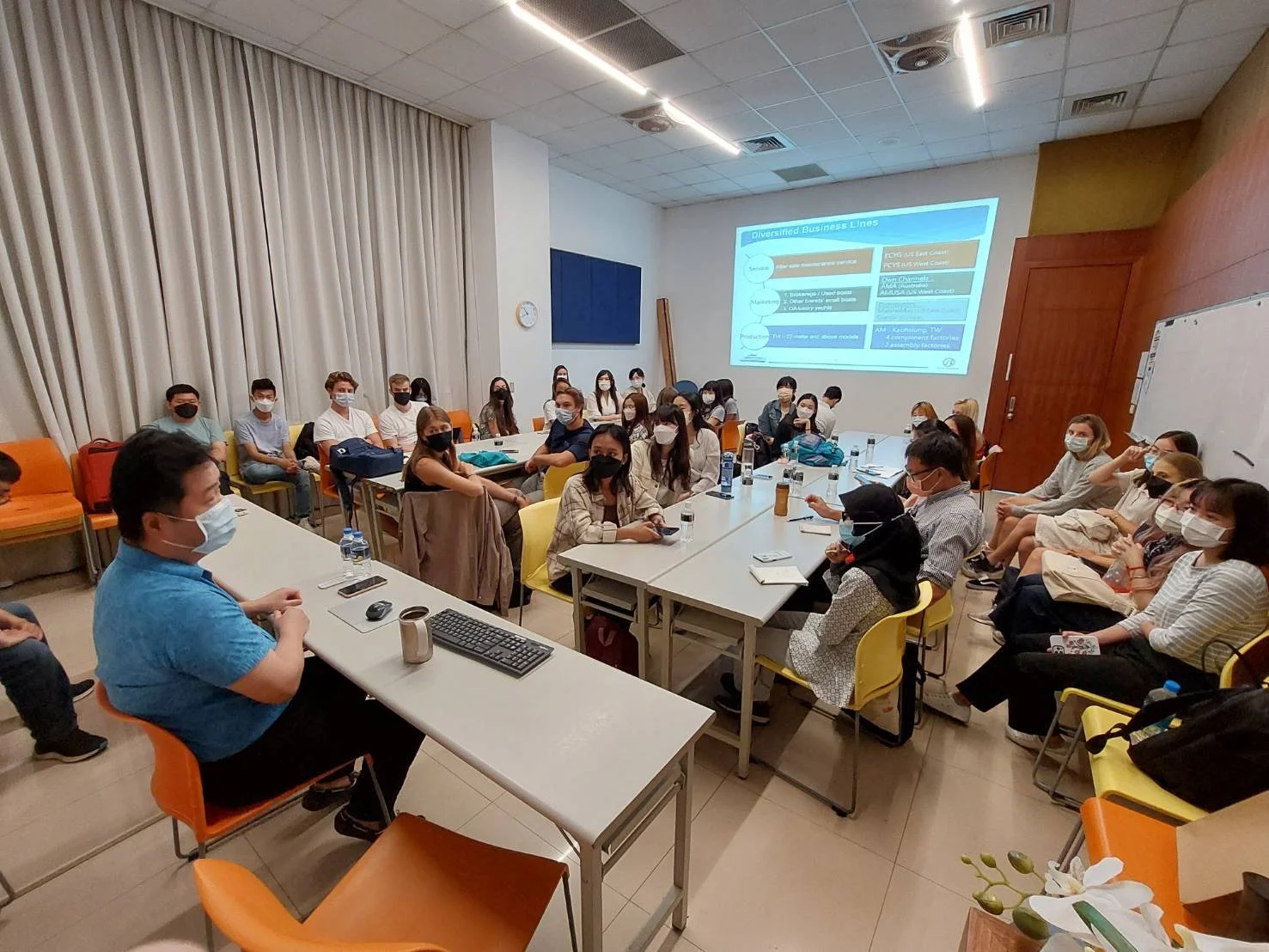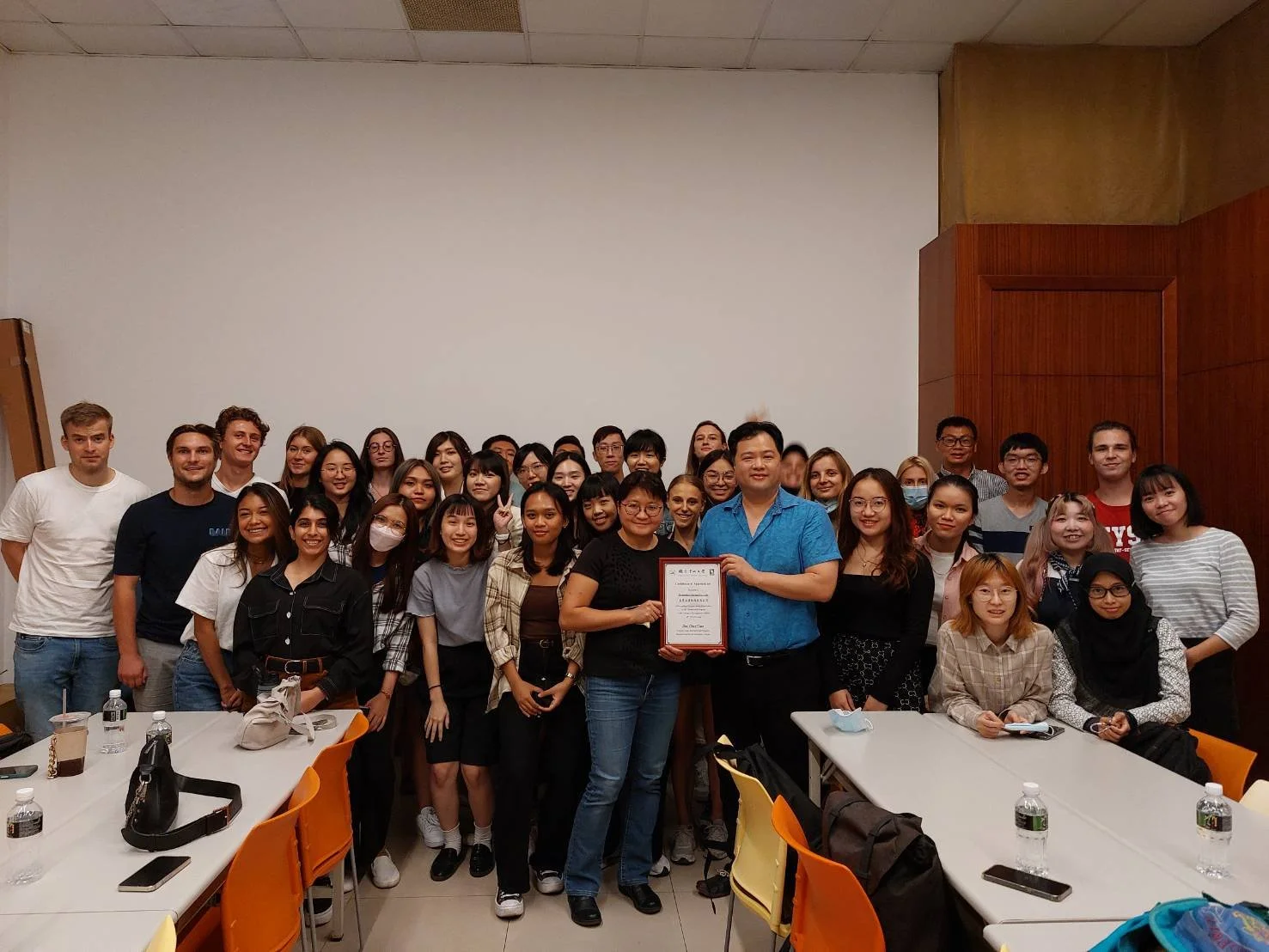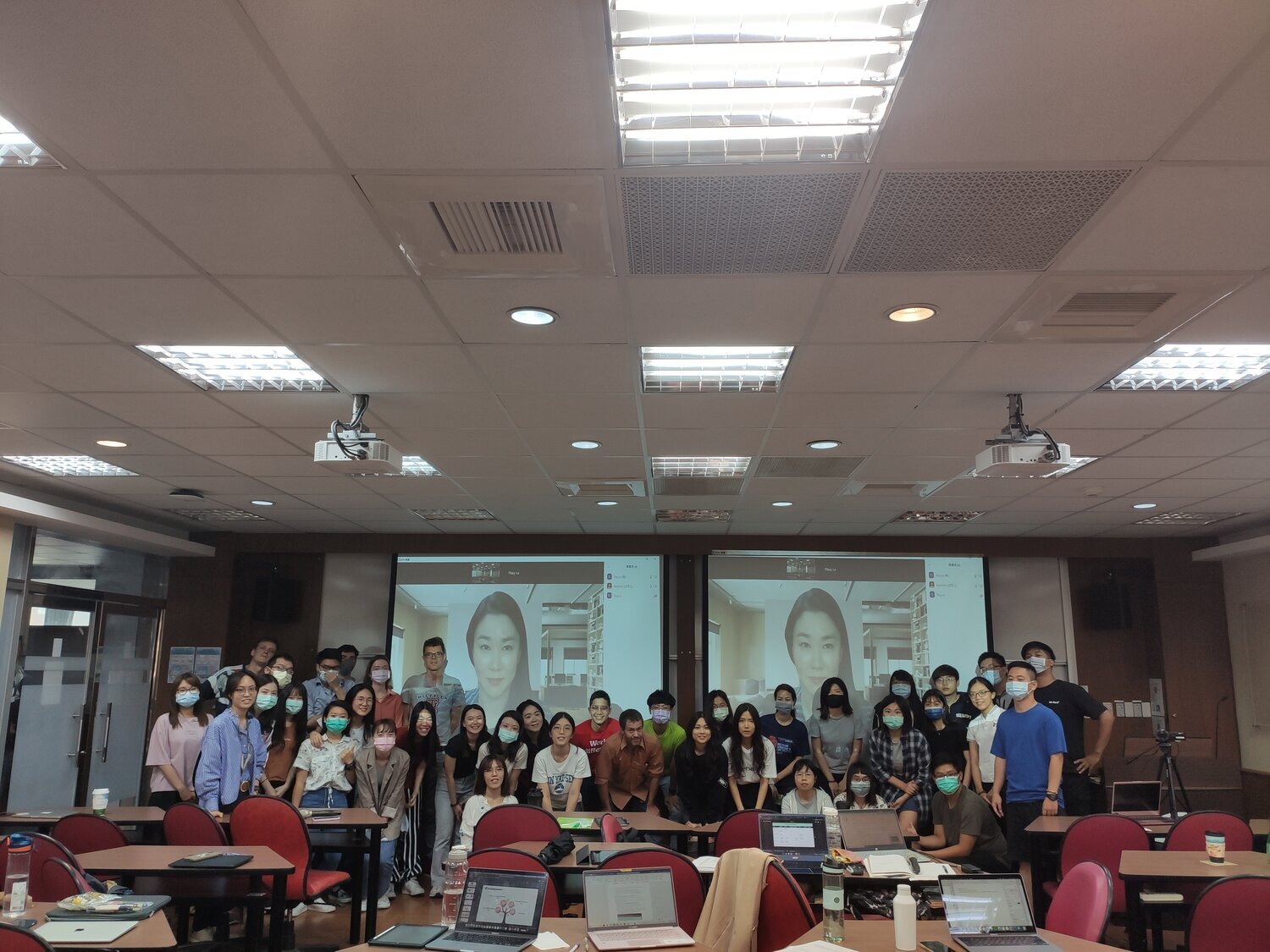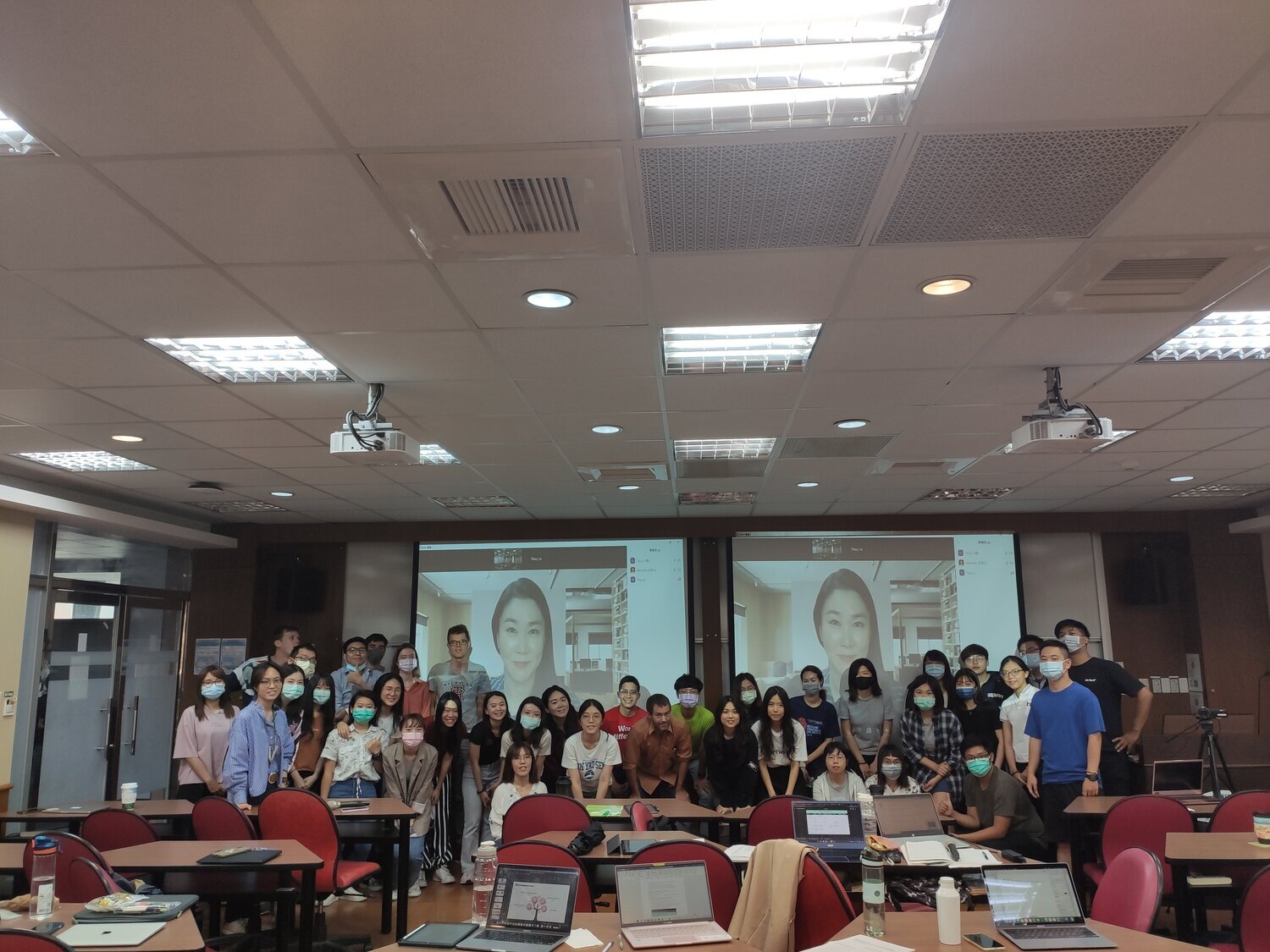On 3rd of May 2021 (Mon), Peter Yuan, a Senior Client Partner with Korn Ferry, was invited by Professor Chung Kim-Choy to give a speech with the topic of "What I wish I knew when I first started my career" at the College of Management, NSYSU. The main attendances of this speech are students from IBMBA and GHRM MBA department who take the courses of Business Strategy, Customer Relationship Management, and Strategic Business. Peter has many leadership experiences in the telecom, wireless, internet, software and consulting industries both in the US and China.
During the Speech, Peter used his career life and professional experience as an example to offer advices to students in their future career development. Peter applied the Learning Agility Model and his own experience to explain what should be done at different stages in career lives. Learning Agility Model is the main tools that Korn Ferry would adopt to distinguish whether the interviewees are talented according to five factors, including Mental, People, Self-Awareness, Results and Change. The five factors could be developed at different stages in lives, and Peter shared what ability should be focused at each moment.
Early year- Mental Agility:
During the first few years of one's career, Peter encouraged students to be curious about everything, and expose themselves to diverse countries, culture, language, which could help to expand their global perspective and improve communication skills. Moreover, Peter also mentioned, students should also be goal-oriented when they are at this level. These suggestions would enable students to build confidence which would benefit their future career development.
First 10 year - Self-Awareness Agility:
While students are at their first 10 years in career lives, students should Be self-reflective and honest about their weaknesses and strengths, which would help to confirm career directions. At this stage, People should know what their career plan is and what abilities they should improve since there are plenty of choices needed to be made at this level. Students have to know whether to take or scarify the opportunities.
Next 10 year - People Agility
At next 10 years in career lives, students would begin to focus on relationship development. Students need to understand others, enjoy helping others succeed and build long-term relationships. Peter suggested every student to build up their network even when they are still a student because it takes time to structure the completed networks. Meanwhile, Peter recommended every student to create a LinkedIn account and try to connect with others as early as possible because Linkedln is the most common tool for many headhunters to find suitable candidates.
Past 10 years- Results Agility
In the past 10 years, Peter suggested students to be flexible and adaptable. Peter shared people should never stop learning and improving themselves. When people is at this level, they should always look to the future, and get prepared for the opportunities since many challenges would occur especially at this level.
Into the future- Change Agility
When people are at this level, they need to understand the impact of change, manage it, and always have a purpose and mission in mind. There would be many difficulties waiting in the future, but people should not be afraid of making changes because life is about making a choice and difference. Peter encouraged student to improve themselves since The continuous improvement would make you better yourself.
Other than the Learning Agility Model, Peter also shared some tips about how to find a suitable job in the beginning: 1) Pick up the top10 companies and design different resumes according to their cultures and let them know your passion. 2) Do not waste time on things you are not interested in; find quality time and quality people. 3) Not to be afraid of finding people who are more brilliant than you because you will learn from them.
Roxana, an IBMBA student from Spain, asked Peter, "Is there any suggestion offered to foreigners who want to adopt the working culture in Asia?” Peter replied every company has different cultures, and Taiwan is a boss-oriented working culture. Thus, it’s important for the foreign students to make their native languages as the most significant strength and keep learning Chinese. The language proficiency of every foreign students should be designed as one of the most eye-catching advantages in the resume. The other French student raised another question about "Where is the opportunity in the world?" Peter shared his previous work experience in China, and thought there are still many opportunities there now because China would be the biggest market in the future.
Lastly, Peter concluded the speech by offering another suggestion to students: “As an employee, we should know what value we could provide to the company and never stop learning to grab every chance.” Students learned plenty of useful advices from Peter’s speech and would have a clear picture about how to plan their career lives. Another appreciation goes to Prof. Chung who arranged this guest lecture.








